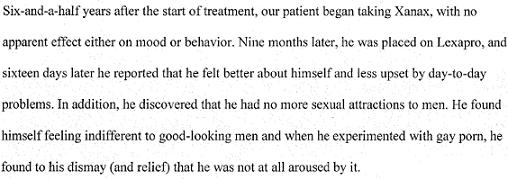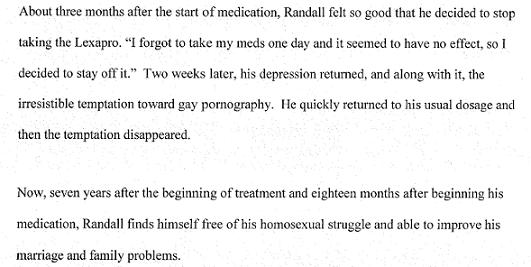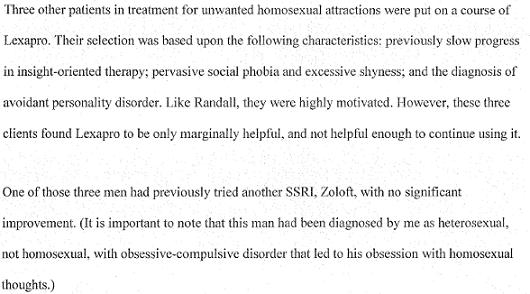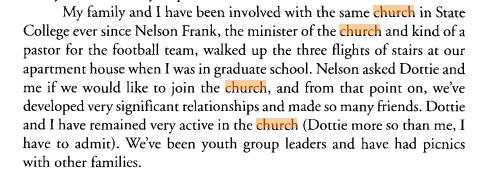Does engaging in same-sex behavior cause people to become gay? NARTH Scientific Advisory Board member Chris Rosik posed this question in a recent review of a study on risk behavior among gay and bisexual men. The study, led by David Huebner at the University of Utah found that gay and bisexual men who engage in risky sexual behavior may justify subsequent risky behavior as their attitudes change in response to their actions. After reviewing the study, Rosik extended the study findings to the causes of same-sex orientation:
First, if engaging in sexual risk behavior leads to changes in beliefs and attitudes that legitimize such behavior, is it wise to encourage early self-labeling and sexual activity among male adolescents experiencing same-sex attractions? Could participation in early homosexual risk activity such as unprotected (or even protected) anal intercourse lead some adolescent boys down a path of homosexual activity and identity and away from what might have been an eventual heterosexual adjustment?
Rosik proposes that adolescent boys might alter the course of their adult sexual orientation from straight to gay by experimenting with same-sex behavior. However, Rosik’s generalization is improper according to study lead author, David Huebner. In an email, Huebner told me:
Our study examined how adults’ attitudes about condoms and their perceived peer norms about condoms each relate over time to self-reports of condom use during intercourse with casual sexual partners. Condom use is considered a preventive health behavior, and thus, our results might generalize to other preventive behaviors, such as seat belt use, exercise, smoking cessation, or breast cancer screening. Our study does not, in any way, address the development of sexual orientation during adolescence, or the development of normal, healthy sexuality among gay or straight adolescents. Any attempt to generalize our findings to those topics is unscientific and irresponsible.
Huebner’s team researched attitude changes about risk behaviors, not developmental factors in sexual orientation. Furthermore, the findings are not generalizable to the general development of attractions among teens who are attracted to the same sex.
Rosik’s question may seem like harmless speculation to some. However, many on the religious right encourage fear of gay people on the grounds that gays recruit questioning youth who would otherwise be straight. Uganda’s David Bahati justified the draconian Anti-Homosexuality Bill with the claims that gays are recruiting young people. Over the past two years, Bahati has promised to produce evidence of his claims that gays in Uganda systematically recruit kids. To date, he has not produced any such evidence.
Far right pundits in this country raise fears about anti-bullying programs because they might indoctrinate students into homosexuality. Linda Harvey (aka Mission America) yesterday said on her radio show that gays cultivate kids for pedophiles.
Only about 25% of NARTH’s members are clinicians or researchers with professional training or access to the original study. The rest are lay people and culture warriors who look to the NARTH website for accurate information about scientific work. Unfortunately, those readers could easily come away from his review with the perspective that research done by University of Utah researchers supports the recruitment concept of gay development. Although those with a trained or critical eye will catch the improper generalization, I suspect most will not see it. Thus, given the audience of Rosik’s review, I have to agree with Dr. Huebner and say that Rosik’s unqualified speculation is “unscientific and irresponsible.”



